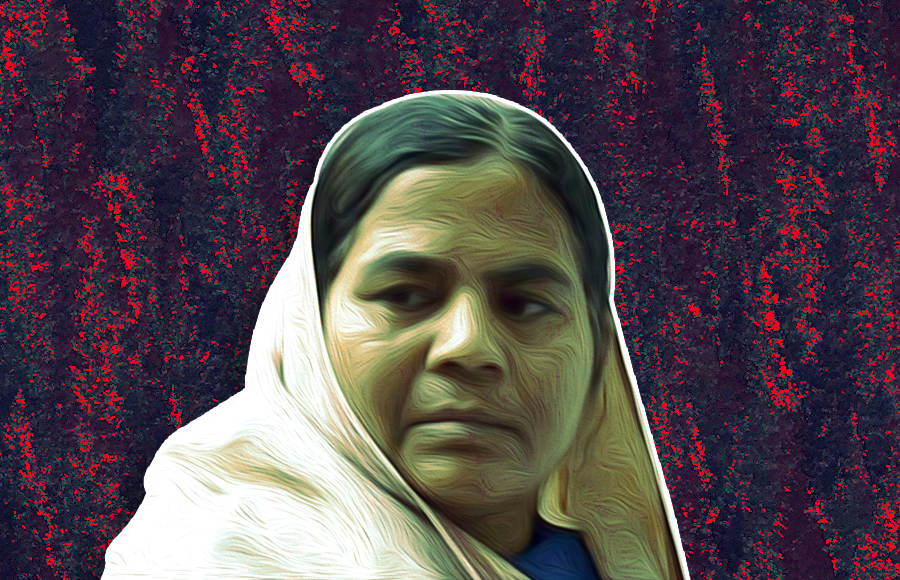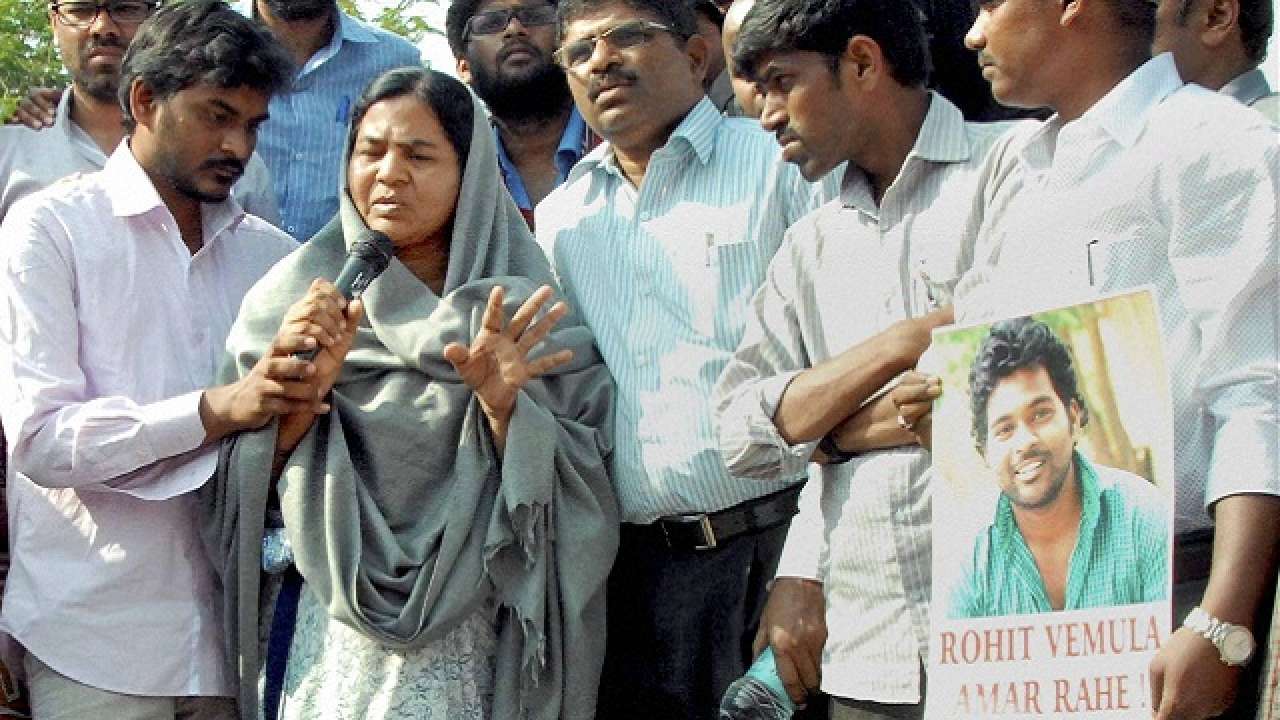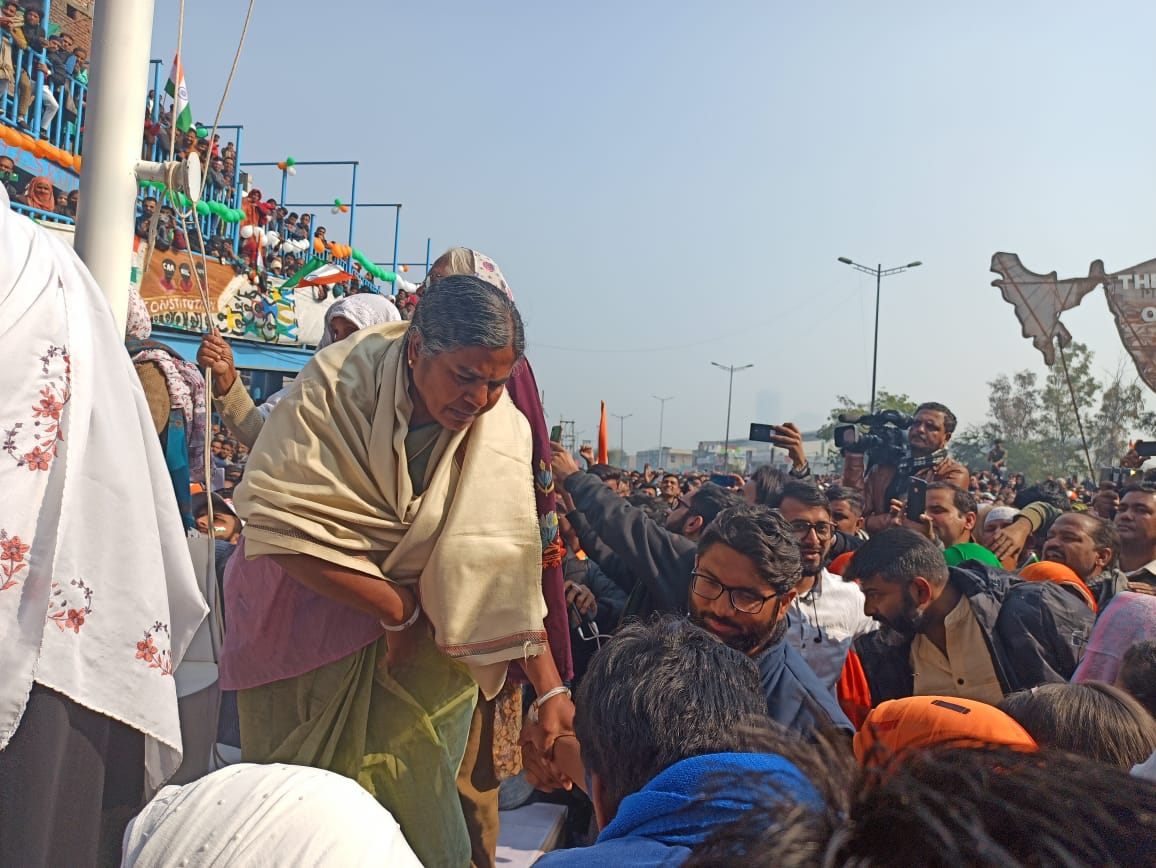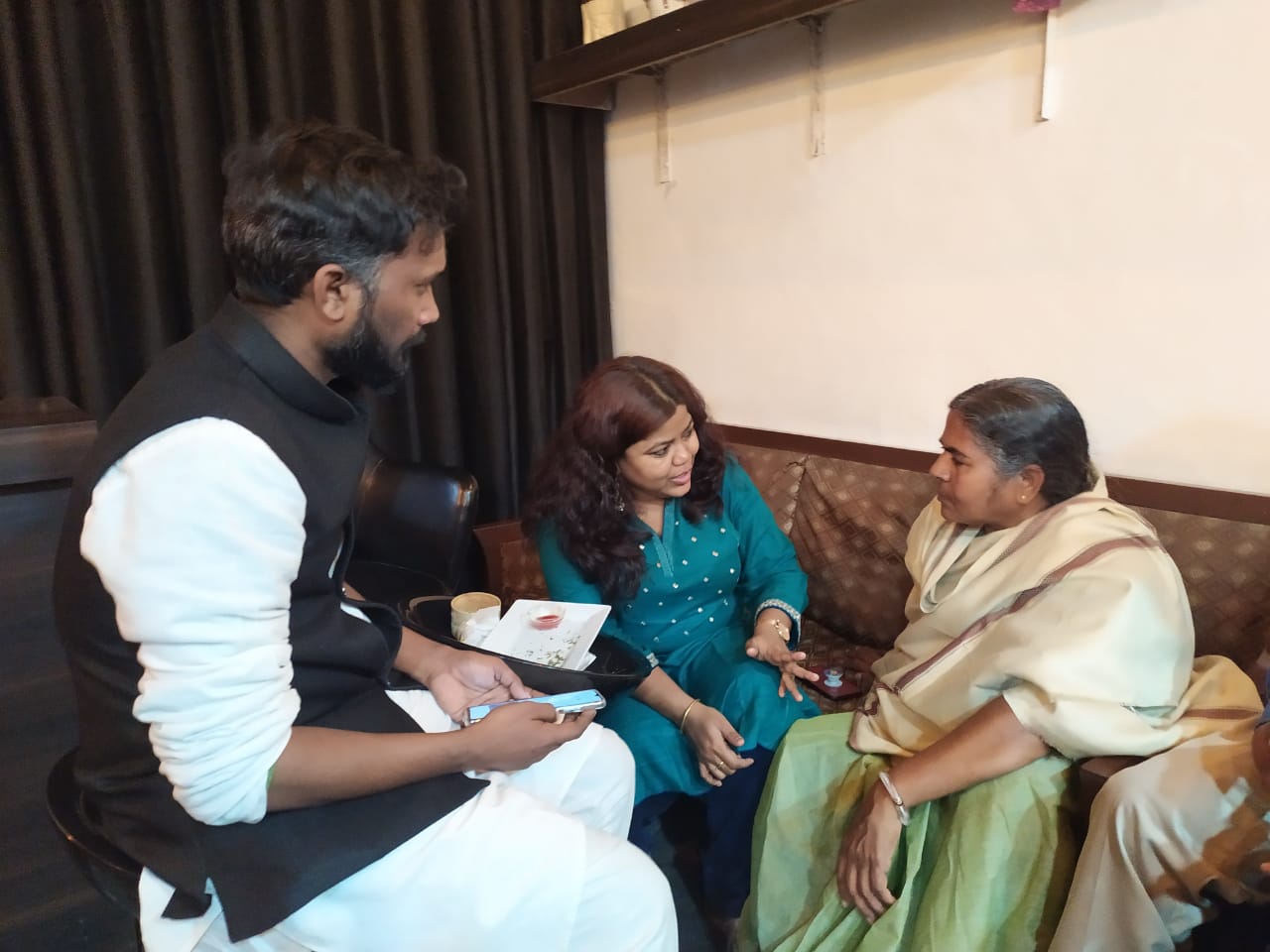
- Home
- India
- World
- Premium
- THE FEDERAL SPECIAL
- Analysis
- States
- Perspective
- Videos
- Sports
- Education
- Entertainment
- Elections
- Features
- Health
- Business
- Series
- In memoriam: Sheikh Mujibur Rahman
- Bishnoi's Men
- NEET TANGLE
- Economy Series
- Earth Day
- Kashmir’s Frozen Turbulence
- India@75
- The legend of Ramjanmabhoomi
- Liberalisation@30
- How to tame a dragon
- Celebrating biodiversity
- Farm Matters
- 50 days of solitude
- Bringing Migrants Home
- Budget 2020
- Jharkhand Votes
- The Federal Investigates
- The Federal Impact
- Vanishing Sand
- Gandhi @ 150
- Andhra Today
- Field report
- Operation Gulmarg
- Pandemic @1 Mn in India
- The Federal Year-End
- The Zero Year
- Science
- Brand studio
- Newsletter
- Elections 2024
- Events
- Home
- IndiaIndia
- World
- Analysis
- StatesStates
- PerspectivePerspective
- VideosVideos
- Sports
- Education
- Entertainment
- ElectionsElections
- Features
- Health
- BusinessBusiness
- Premium
- Loading...
Premium - Events

Radhika Vemula: The journey from a victim to leader

When Radhika Vemula decided to withdraw from all forms of protests and stay-put in Guntur around mid-2018, it seemed unlikely we’d meet again in a political program. It had been more than two years since the suicide of her son Rohith Vemula in which union minister Smriti Irani, as well as her senior BJP colleagues Badaru Dattatreya and Ramachandra Rao, were listed as accused along with...
When Radhika Vemula decided to withdraw from all forms of protests and stay-put in Guntur around mid-2018, it seemed unlikely we’d meet again in a political program.
It had been more than two years since the suicide of her son Rohith Vemula in which union minister Smriti Irani, as well as her senior BJP colleagues Badaru Dattatreya and Ramachandra Rao, were listed as accused along with the Vice-Chancellor of the Hyderabad Central University (HCU), Podile Apparao and campus ABVP leader Susheel Kumar. No action was taken against them despite the nationwide agitations.
Radhika spent those years literally living out of a suitcase, as she travelled across the country addressing anti-BJP rallies; talking about the institutional discrimination that led to the death of her son; hoping it would help her get him justice. Her health plummeted and she had to be hospitalized many times.
But towards the end of that two-year period, more than anything, it started becoming increasingly difficult for her to negotiate the different anti-BJP political formations that had briefly come together in 2016 as part of the Justice for Rohith Vemula movement.
Before going into hibernation, she’d told this reporter that she didn’t want to give any more interviews and was done with public life. “What I have already told you should be enough for your book, no? Just finish it and get on with your life,” she’d said, “My story should end here.”
She went back to tailoring. Her younger son, Raja Vemula, started heaving sacks as a porter in the rice mills and chilli yards of Guntur while pursuing a law degree. They resolutely stuck to their daily grind, refusing to acknowledge the steady stream of invitations from across the country to join protests.

Back with a surprise
So, Radhika’s phone call in early January came as a surprise. “I have decided to come back out to join the demonstrations,” she said, “I cannot sit at home and do nothing when the country is burning.” This time, she said, things will be different. I am not going to go everywhere and start crying.”
She said that she had decided to launch a ‘Mother’s yatra’ across the country against the Citizenship Amendment Act (CAA) along with the mothers of people who had died in Hindutva attacks.
She said she would go out and once again seek the support of all the like-minded groups who had supported the Rohith agitation. But this time, she said, the world would see a different Radhika Vemula because her period of mourning is over. “This is the beginning of a new story. You should interview me now.”
She said that in the first two years of the movement, everything was a blur. “I was still grieving and everywhere I went, all I did was break down and cry or get angry in the middle of a speech. I was just not able to control my emotions. As the movement broke apart, I lost my morale and gave up.”
It has now been four years. While the movement immortalized Rohith Vemula as a Dalit icon and created a pan-India cult following around Radhika, it failed to achieve its two main objectives:
The BJP leaders accused, under the SC/ST (Prevention of Atrocities) Act, of pushing Rohith to take his own life were never even summoned by the Hyderabad police. The legal fight reached a stalemate after the BJP claimed that Rohith was not a Dalit. The police is refusing to move as the final word on his caste is still not out.
Second, the demand for the Rohith Act — which was proposed as a tool to prevent discrimination of SC/ST students on campus — got weaker with every month until activists stopped talking about it altogether.
By 2018, the Muslim, Communist, Gandhian and Ambedkarite groups had fallen out over their traditional differences. As the various groups retreated into their ideological silos, Radhika started getting pulled in different directions. There was no one Muslim organization to follow or one communist line to take. Ambedkarite groups too differed over decimal points in ideology.

Radhika was inconsolable in those days as she went into deep thought-spirals analyzing the reasons behind the lack of unity among the groups opposed to the BJP. She often blamed herself for failing to bring the groups together. She would say that she could have prevented the disintegration if she could communicate to them in Hindi and English.
Revival with a reason
The two-year break appears to have revived her. According to Raja, her blood pressure is under control, she has been working out and is eating on time. Reading Buddhist philosophy and meditation has helped her become more centred, Raja said.
Radhika, however, said that it is not her improved health that has brought her back but the political situation in the country. She said that the main reason for the ABVP and BJP to target her son was because he had spoken about the oppression of Muslims and talked about Dalit-Muslim unity.
“Muslim students across the country had joined the Rohith Vemula movement. They were beaten by the police, jailed and harassed by their institutions,” she said, “Now when such a dangerous situation has been created for Muslims, how can I stay away?”
She said that during her previous stint in the public domain, she was reduced to a mute victim. “This time, I want to emerge as a leader.” She said that every leader had first gone among the people to seek their support and that is what she is trying to do with her yatra.
“It is time people like me, the ordinary Indians, who are suffering because of this government, took the lead. People like me need to enter Parliament and directly take on the Prime Minister,” she said.
There were naturally many questions about how she would organize something at such large scale, whose support would she seek, on what conditions would that support be offered. “I have realized that if I feel passionate about something, I should not bother about what other people do or if somebody is with me,” she said, “It is time for me to take the lead.”

The other side
The interviews she gave this reporter in the first two years were mostly about her struggles with her adoptive family, her abusive ex-husband, raising two boys as a single mother.
“I thought about the interviews I gave you two years ago. I realized I haven’t told you about my other side,” she said, “When Rohith was alive, I was a very different woman. I used to travel around Guntur riding a bicycle. People knew me. You know, I almost became a city council member.”
Radhika Vemula’s first stop, after she spoke to this reporter, was Hyderabad on January 17 to attend the Rohith Shahadath Din (Martyrs Day) program at HCU. In the last four years, January 17 has become a major date on the calendar of student groups cutting across the spectrum that makes up the opposition. Addressing a slew of public meetings in the city that day, Radhika announced the Mother’s Yatra.
In a marked change in approach, she reached out to a wide array of groups and held several closed-door meetings but did not instantly commit to any plans. Although each group tried to push her to commit to them, she said she would not freeze anything until she spoke to all the anti-CAA groups.
“First, I need to meet people in Delhi, go to Shaheen Bagh and Jamia and understand what is happening. I have decided to join the grandmothers of Shaheen Bagh on January 26 (Republic Day) to unfurl the national flag. Be there,” she said.
At Shaheen Bagh, the scene before us was surreal. Lakhs of people had gathered for the flag hoisting. As Radhika and her team tried to make their way to the flagpole, they instantly recognized her and made way.
It had taken her nearly half an hour to get from the flag to the stage where she was to deliver the Republic Day speech because of the number of people who stopped and greeted her. Despite the lag caused by the translations, the audience was patient and cheered wildly every time she lampooned the government.
Sticking to the core — Ambedkarite
“Sometimes, sitting in Guntur, I forget how many supporters I have,” she said on the way back. She spent the rest of the day in meetings with leaders of the protests along with a team of her own comprising Dalit intellectuals.
In her Delhi meetings too, she heard from everybody but committed to none. Somebody invited her to Kerala, another group said they would provide her protection in Uttar Pradesh and wanted her to meet mothers of those killed in the anti-CAA protests, one group wanted to host her in Gujarat.
“One thing I have learnt from past mistakes is that I must always be firm on the Ambedkarite principle. We can ally with anybody but our core is Ambedkarite,” she said, “That is why I have invited Ambedkarite scholars to join me as I negotiate terms with other groups.”
Asked, she said that she was reluctant to commit to anything as she did not want to do anything in a hurry and antagonize Dalit groups. “We have seen how some Dalit leaders have completely lost respect in the community,” she said.
In time, it emerged that Radhika was most keen to meet Bhim Army chief Chandrasekhar Azad Ravan as well as Bahujan Samaj Party (BSP) leader Mayawati. Her team advises her to pick one of the two as it was near impossible for them to mix.
Taking a break from the hectic discussions with her advisors, Radhika told this reporter, “Had I become a city council member, Rohith would perhaps have never died. Our lives would have been different. Do you know why I didn’t contest?”
Radhika said that she was very popular in Guntur’s Prakash Nagar where she grew up. “People were scared of me because I was a complete fighter. But they also loved me,” she said, “Our ward was reserved for Scheduled Castes and many people told me to contest. One MLA even invited me for talks. But I couldn’t go.”
She said that she dropped the plan when her adoptive mother, Anjani Devi, scolded her. Anjani Devi, belonging to the Vaddera OBC caste, had taken Radhika, a Dalit, from her parents when she was an infant. She then raised her like a household help and married her off to an alcoholic when she was still a minor. When the marriage collapsed, she took Radhika and her children back on the condition that they would work for her.
“Anjani Devi said to me that if I contest on an SC reserved ticket, everybody would mistake her too for a Dalit,” she said.
Her political dilemma is of a completely different nature and scale now. As she and her team tried to figure the best way forward, information came in that Ravan had been hospitalized in Delhi.
Radhika instantly made up her mind to go and meet the Bhim Army leader in the hospital. “If I go and meet him, there will immediately be speculation that I am going against the BSP,” she said, “But some things are beyond politics. I want our young boys like Ravan to take care of their health.”
Radhika said, “I am working on learning Hindi and English. A group is already working on my digital and social media skills. I am not saying I will enter Parliament in the next elections. This is a long fight.”
